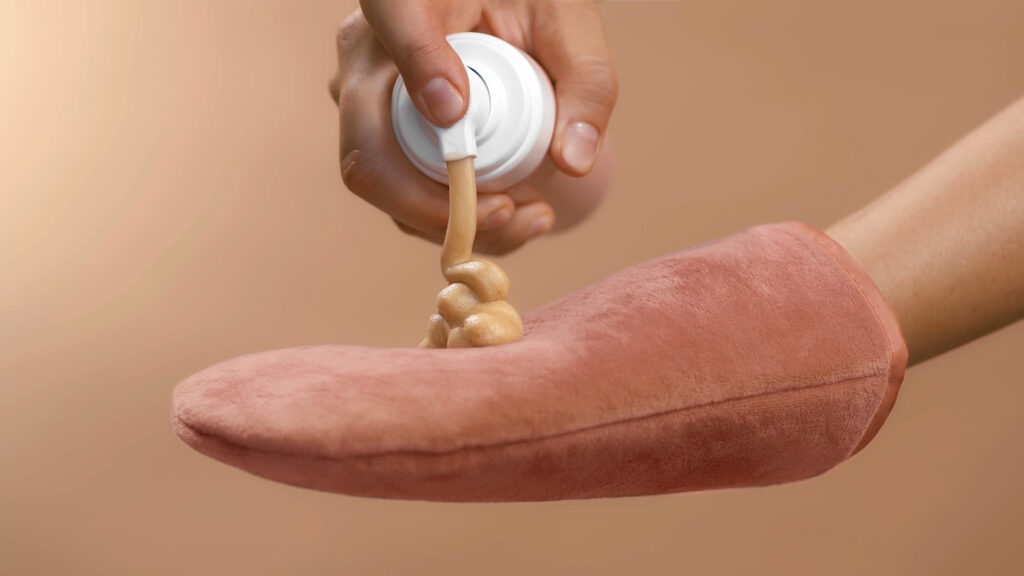
11 August 2023
After a few weeks of welcome mild stability, with prices achieving their optimum prices of the year, on the 9th of August UK gas prices surged 28% in a day amid Australian supply concerns – European gas prices witnessed a much more significant leap of nearly 40% as fears of a possible shortage of LNG arriving into the block. UK gas prices rocketed to over twice their traditional seasonal value as concerns grow about potential disruptions to liquefied natural gas (LNG) exports as workers at crucial LNG plants in Australia consider strike action. This surge may be nowhere near the rapid increases seen in wholesale prices in mid-2022, but it does give clear indications as to how volatile the market remains, with disputes on the other side of the planet having dramatic effects much closer to home!
The markets are expected to maintain a negative position from extensive planned works to Norwegian gas facilities which are scheduled to ramp up over the course of August, taking a significant volume of gas ‘offline’ from the European markets for several weeks. Continued uncertainty, recently seen on the oil market is also providing additional bullishness, which will almost certainly mean we have now passed the optimum time to renew for this year and prices will likely continue increasing as we enter the Autumn/Winter and demand increases.
With analysts forecasts for 2024 currently circa 40% higher than the current market prices, serious consideration should be given to looking to renew any electric or gas contracts due in the next 12 months now, to fix costs and provide some cost certainty as further turbulent periods are likely.
In other Energy News:
“Some energy suppliers are mistreating UK hospitality sector” – UKHospitality is making an appeal to the hospitality industry, urging Ofgem to swiftly implement important changes following its energy market review. The sector is being asked to unite and show support for Ofgem‘s recommendations by participating in the ongoing consultation. UKHospitality said one crucial focus is to encourage suppliers to address issues faced by businesses with their energy contracts. Kate Nicholls, Chief Executive Officer of UKHospitality, has underscored the critical nature of this campaign. Ms Nicholls said: “Sky-high energy costs have decimated so many hospitality businesses, including those suffering from contracts fixed at prices far above current market rates. “The Ofgem review last week was crystal clear that many of the issues facing businesses lie at the door of the energy suppliers. Whether it is refusing to renegotiate contracts, demanding enormous deposits, or simply refusing to supply the sector, it’s clear that some energy suppliers are mistreating the sector.”
Gas prices soar: UK faces 35% surge in 2025 to keep lights on – The Department for Energy Security and Net Zero has released updated cost estimates for various energy generation methods, marking the first update in three years. By 2025, gas costs for generating electricity in the UK will surge by 35% compared to previous estimates. That’s according to a report by the Department for Energy Security and Net Zero, with revised estimates indicating that renewable energy sources will become even more cost-effective than previously anticipated. The revised levelised cost estimates indicate that solar power’s affordability surpasses other energy generation methods, the trade association has said. With projected costs of only £41 per megawatt-hour in 2025, solar energy emerges as a strong contender in the nation’s quest for cleaner and more economical power sources. Chris Hewett, Chief Executive of Solar Energy UK, said: “In Britain, power generated by the sun is now a third of the cost of power made from burning gas and it will only get cheaper. The fastest way to permanently drive down energy bills is to build more renewables.”
For help and advice and to find out how Fox Energy can support and assist your business in these turbulent times, get in touch by calling 01233 884510 or email info@foxenergy.co.uk.





